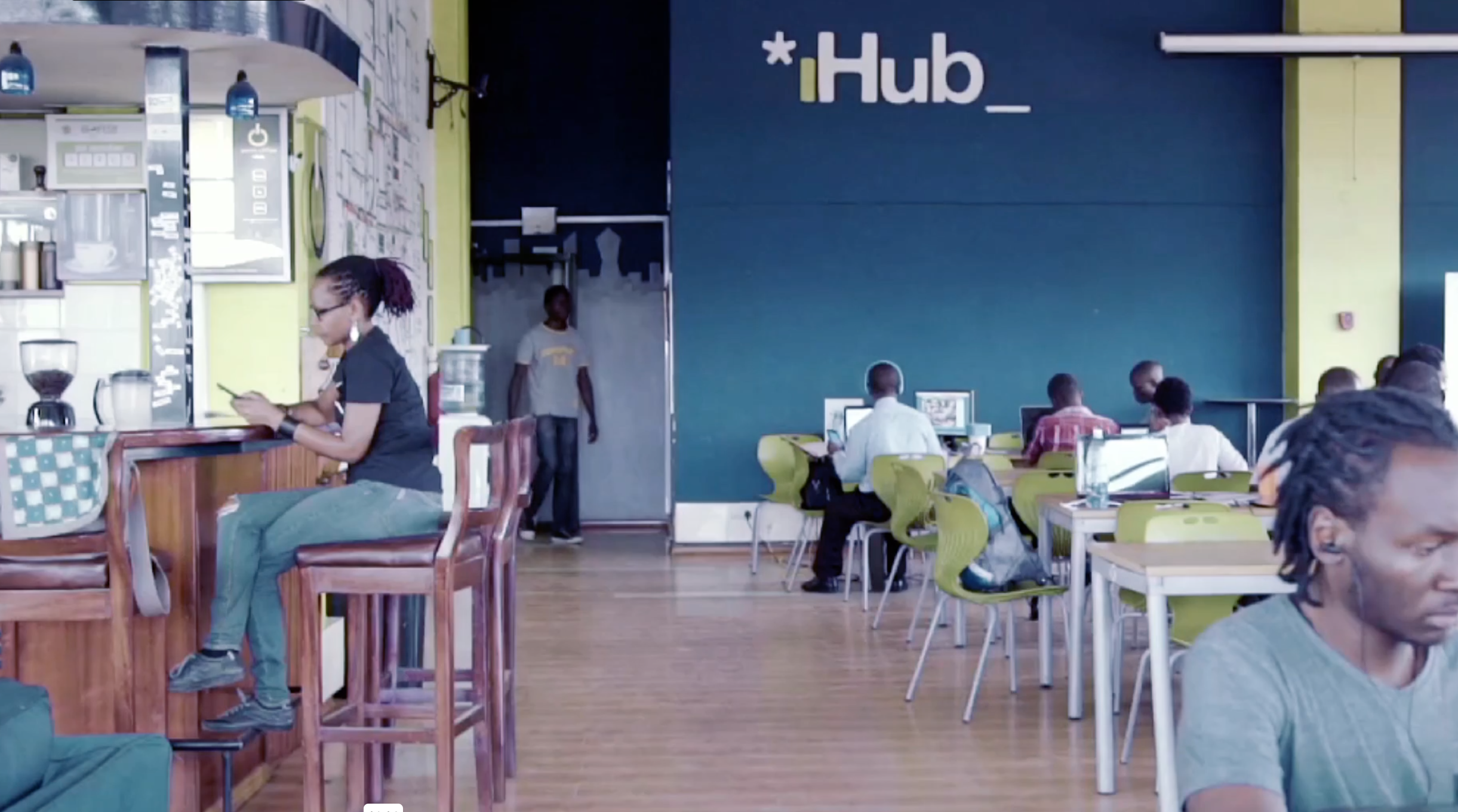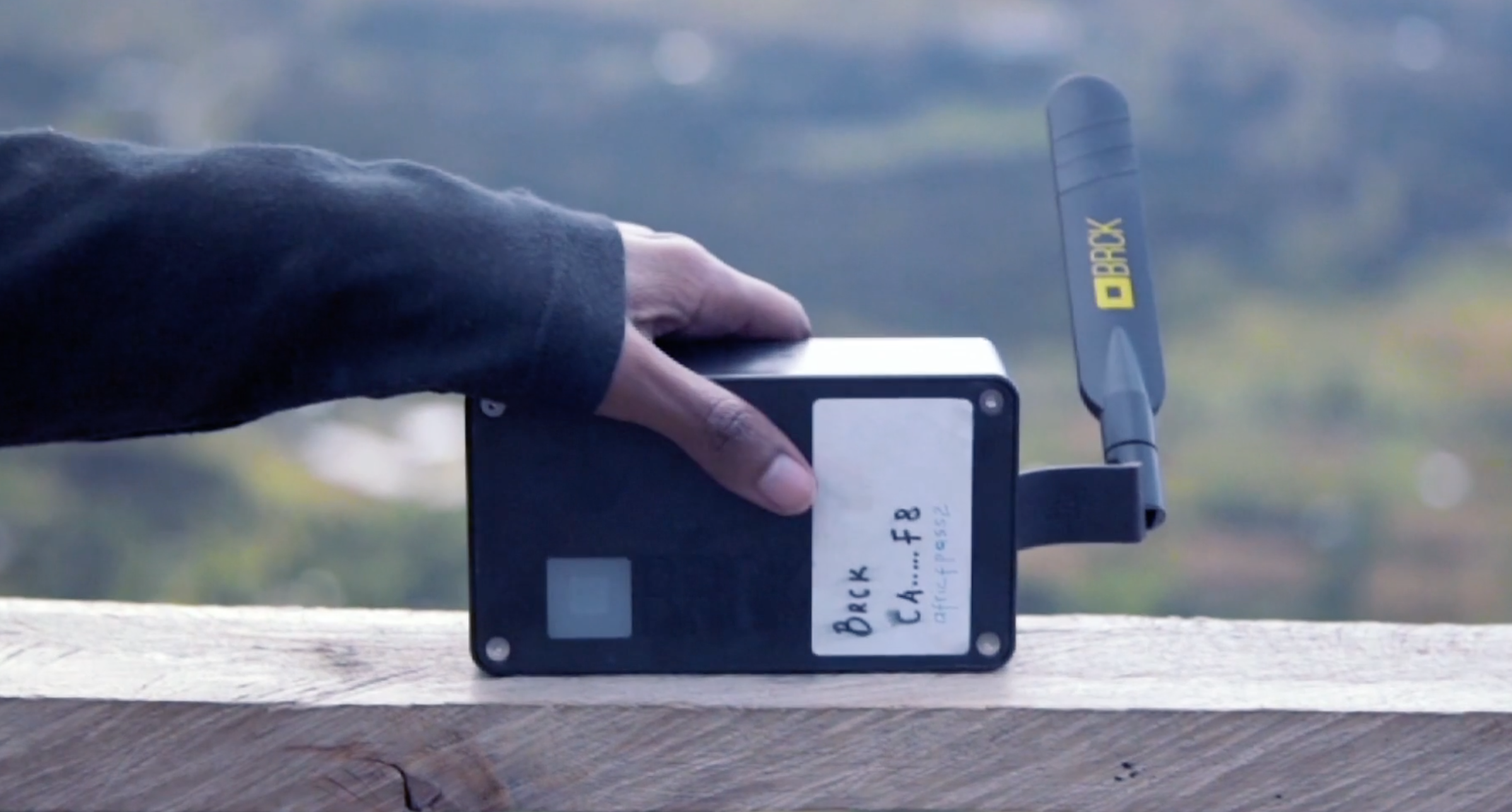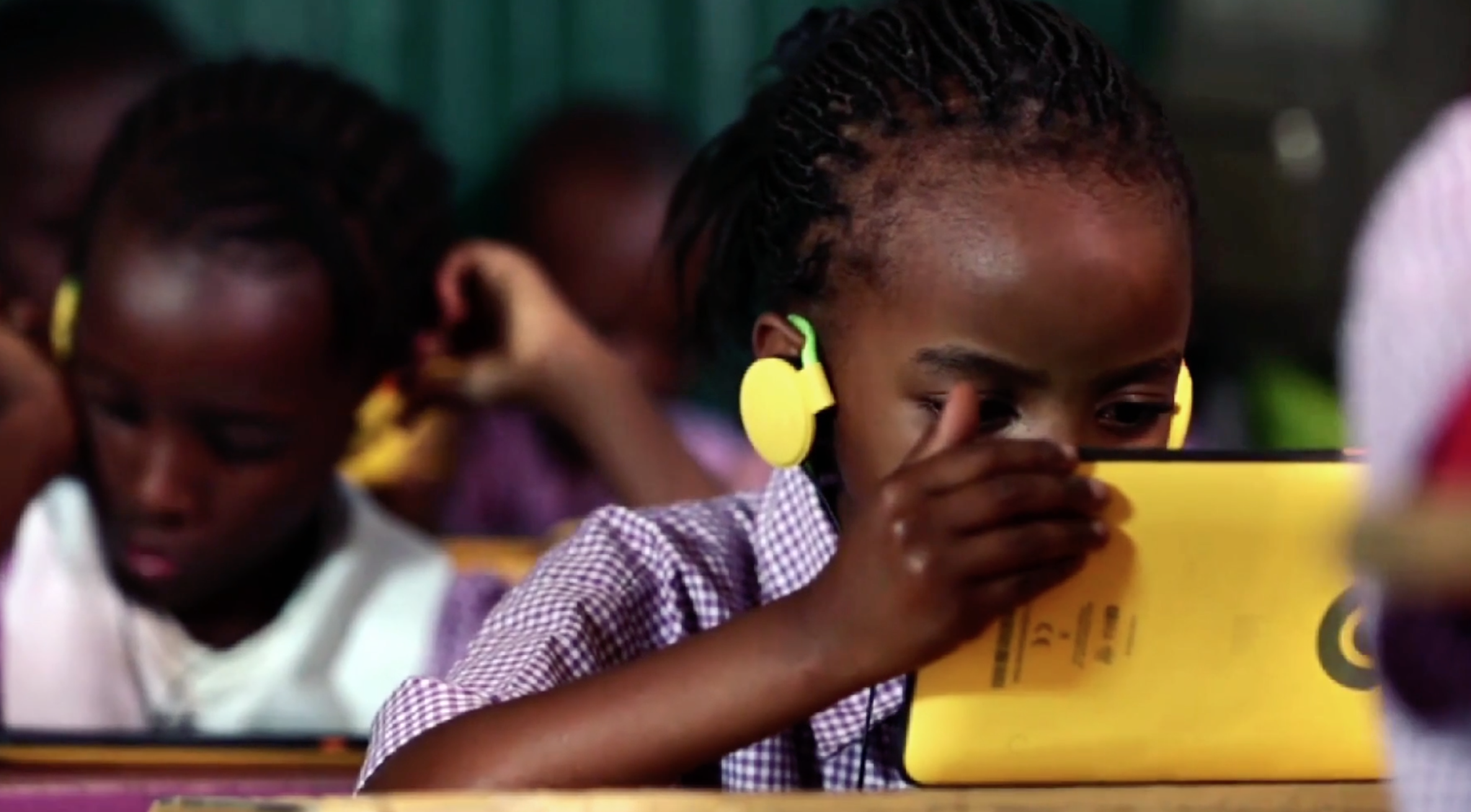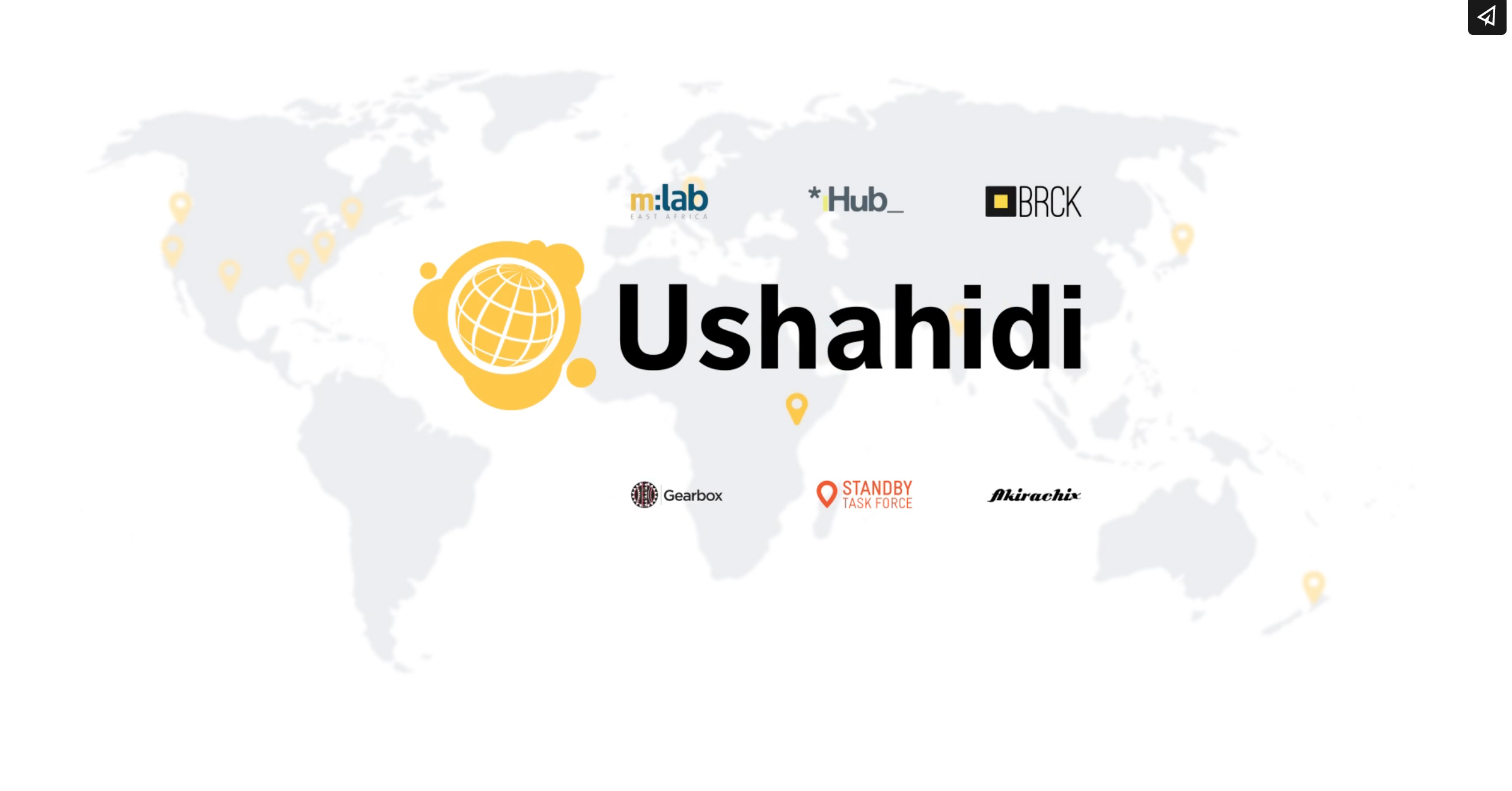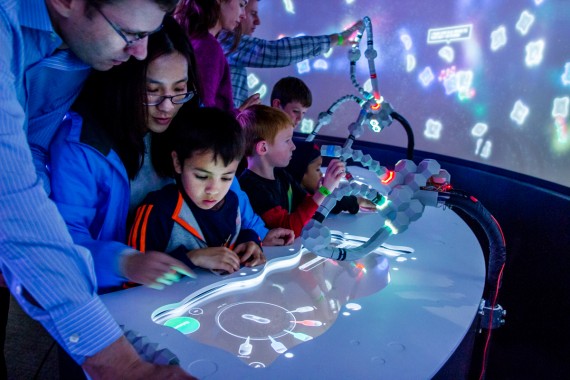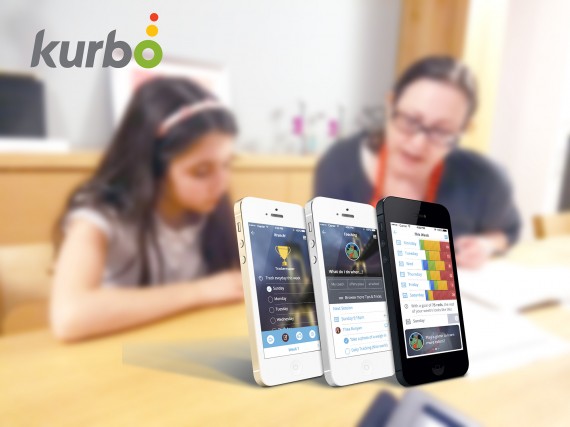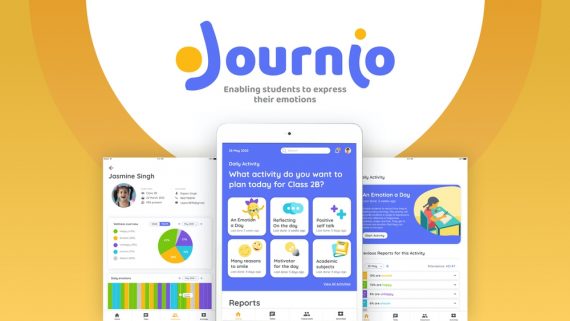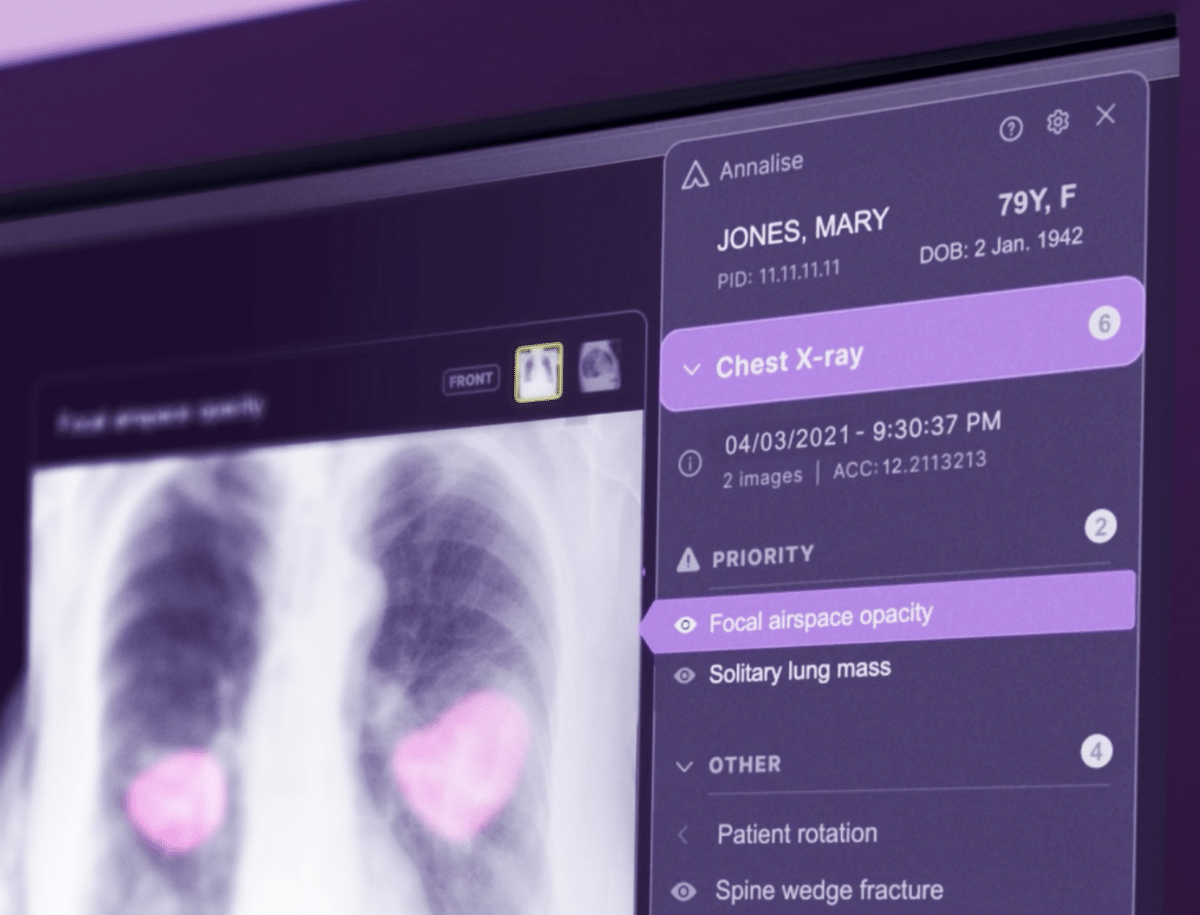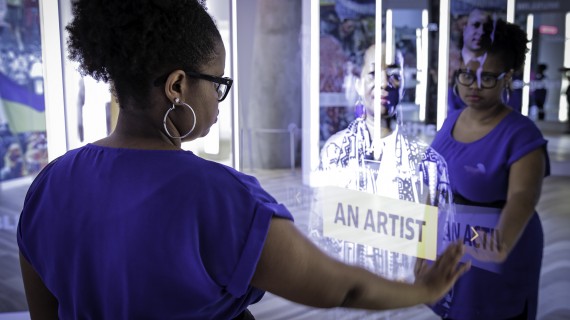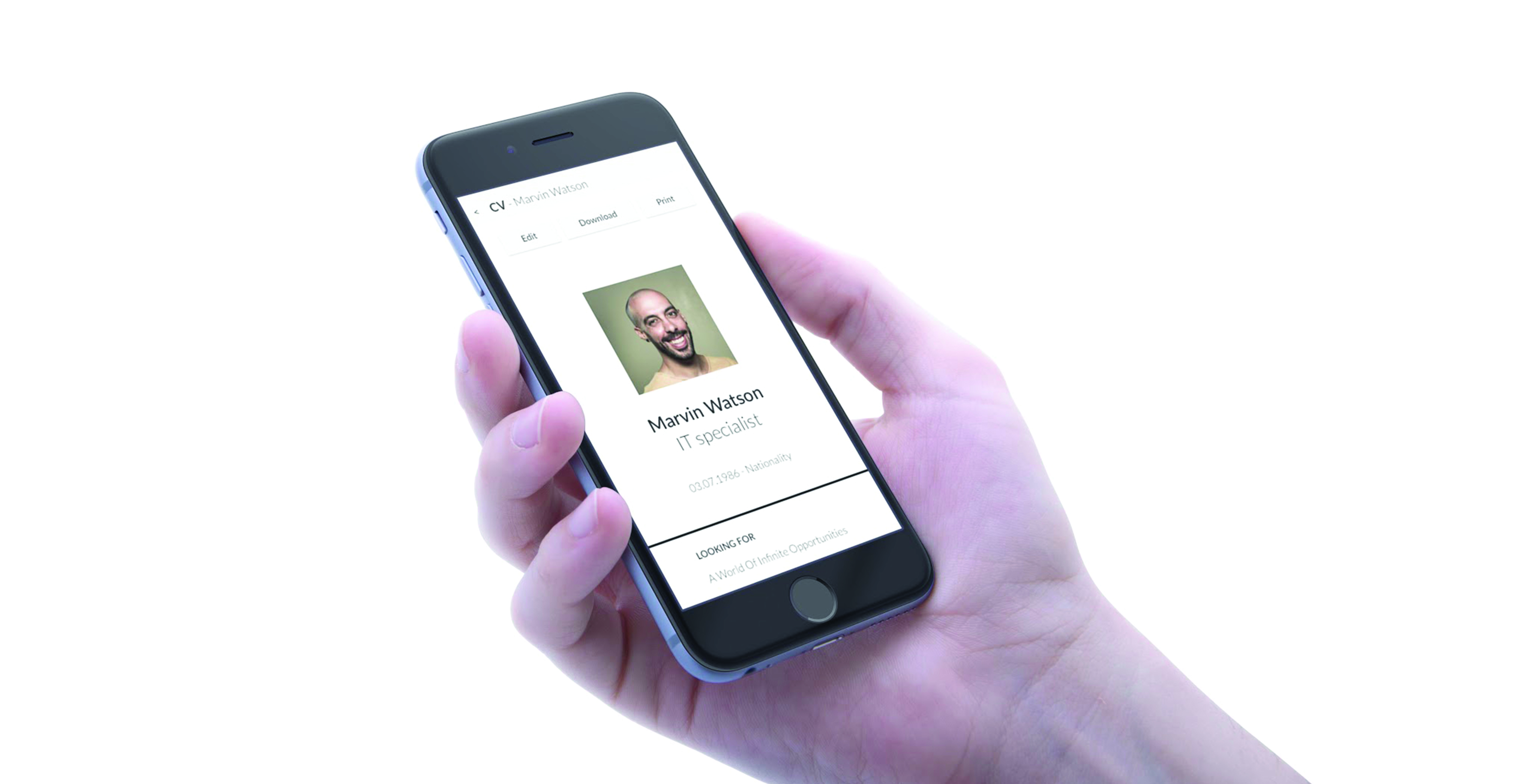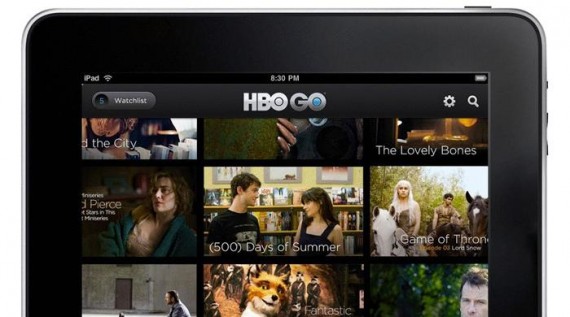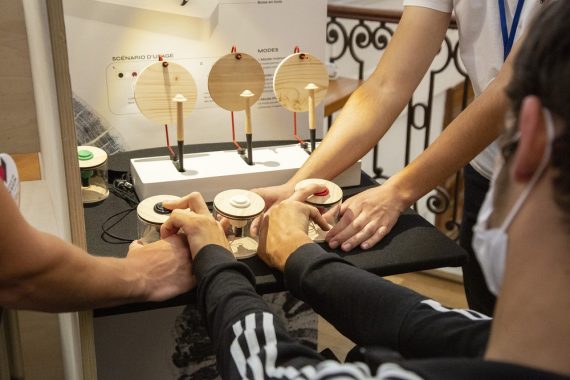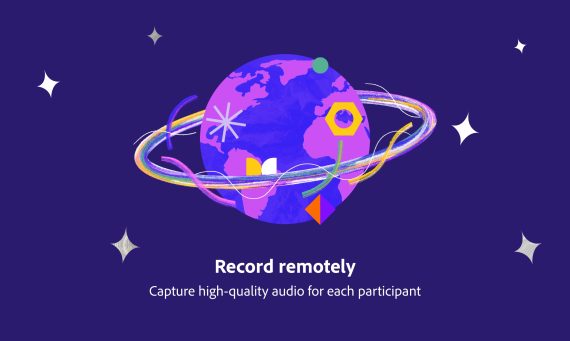ihub, Ushahidi, Brick, led by Juliana Rotich
Team
Company | Institution
Category
Type
Project description
One of the most wholesome fabulous projects in the world in the last decade has been a startup in Nairobi, Kenya. They are exemplars not only in the global digital community but particularly for the African design community in showing them what's possible to have big, hairy, audacious goals.
2017 jury chair Ravi Naidoo wanted to recognize the serial entrepreneurship of Julia Rotich and the iHub team in creating opportunities and platforms not only for Africa, but for the world.
“It is my opinion that one of the most wholesome fabulous projects in the world inside the last decade, has been a startup in Nairobi, Kenya. They are exemplars not only in the global digital community, but particularly for the African design community in showing them what's possible to have big, hairy, audacious goals.
If you do something really well, it can flex outside the continent and be applicable globally. The people who were behind it were the progenitors of some of the biggest platforms ever created in Africa, but also the the kind of rabble rouses supporters of a whole host of new businesses such as the app Ushahidi, which started about the time of the Kenyan elections in 2008, where there was these sporadic incidents of violence. It became this demographic mapping tool for people and citizens themselves to be able to point out where the particular nodes of violence were. It's since been in use over 100,000 times in over 160 countries.
Notably, a variant of it is used as an election monitoring tool for the American presidential election. There's something quite poetic about a platform that started in Africa has been made for the world. I mean, all too often there's this notion that Africa is a receptacle to be filled. And here are a bunch of Africans who's created a platform and a software that's now pervasive and globally used, and Ushahidi was the precursor to a whole raft of projects. I'm awarding them for this sheer resilience and durability and how prolific they've been.
They've kept coming back. From Ushahidi they developed crowd map. They've done this wonderful robust modem made for Africa called the Brick, for connecting to any kind of network, from satellite to GSM to WiFi, to give you constant contact over the vast expanses of Kenya.
That spawned a wonderful education outreach program called Kyo, which is also similarly robust. Really made for schools that are off the grid and be able to give people who have really no access to electricity the best of digital education in the world. All of a sudden, some rural kid in Kenya has access to the Khan Academy, which is pretty amazing given this ecosystem that they've created.
They represent a stellar example of what interaction design, what activism can mean. And I really feel that it was quite poignant that a burning platform of violence at the Kenyan elections in 2008 and their response to it became the springboard for a whole host of projects that they've spearheaded since. It gives me great pleasure to recognize the combination of ihub, Ushahidi, Brick and Kyo in Nairobi, Kenya, led smartly by Juliana Rotich."
2017 jury chair Ravi Naidoo wanted to recognize the serial entrepreneurship of Julia Rotich and the iHub team in creating opportunities and platforms not only for Africa, but for the world.
“It is my opinion that one of the most wholesome fabulous projects in the world inside the last decade, has been a startup in Nairobi, Kenya. They are exemplars not only in the global digital community, but particularly for the African design community in showing them what's possible to have big, hairy, audacious goals.
If you do something really well, it can flex outside the continent and be applicable globally. The people who were behind it were the progenitors of some of the biggest platforms ever created in Africa, but also the the kind of rabble rouses supporters of a whole host of new businesses such as the app Ushahidi, which started about the time of the Kenyan elections in 2008, where there was these sporadic incidents of violence. It became this demographic mapping tool for people and citizens themselves to be able to point out where the particular nodes of violence were. It's since been in use over 100,000 times in over 160 countries.
Notably, a variant of it is used as an election monitoring tool for the American presidential election. There's something quite poetic about a platform that started in Africa has been made for the world. I mean, all too often there's this notion that Africa is a receptacle to be filled. And here are a bunch of Africans who's created a platform and a software that's now pervasive and globally used, and Ushahidi was the precursor to a whole raft of projects. I'm awarding them for this sheer resilience and durability and how prolific they've been.
They've kept coming back. From Ushahidi they developed crowd map. They've done this wonderful robust modem made for Africa called the Brick, for connecting to any kind of network, from satellite to GSM to WiFi, to give you constant contact over the vast expanses of Kenya.
That spawned a wonderful education outreach program called Kyo, which is also similarly robust. Really made for schools that are off the grid and be able to give people who have really no access to electricity the best of digital education in the world. All of a sudden, some rural kid in Kenya has access to the Khan Academy, which is pretty amazing given this ecosystem that they've created.
They represent a stellar example of what interaction design, what activism can mean. And I really feel that it was quite poignant that a burning platform of violence at the Kenyan elections in 2008 and their response to it became the springboard for a whole host of projects that they've spearheaded since. It gives me great pleasure to recognize the combination of ihub, Ushahidi, Brick and Kyo in Nairobi, Kenya, led smartly by Juliana Rotich."

